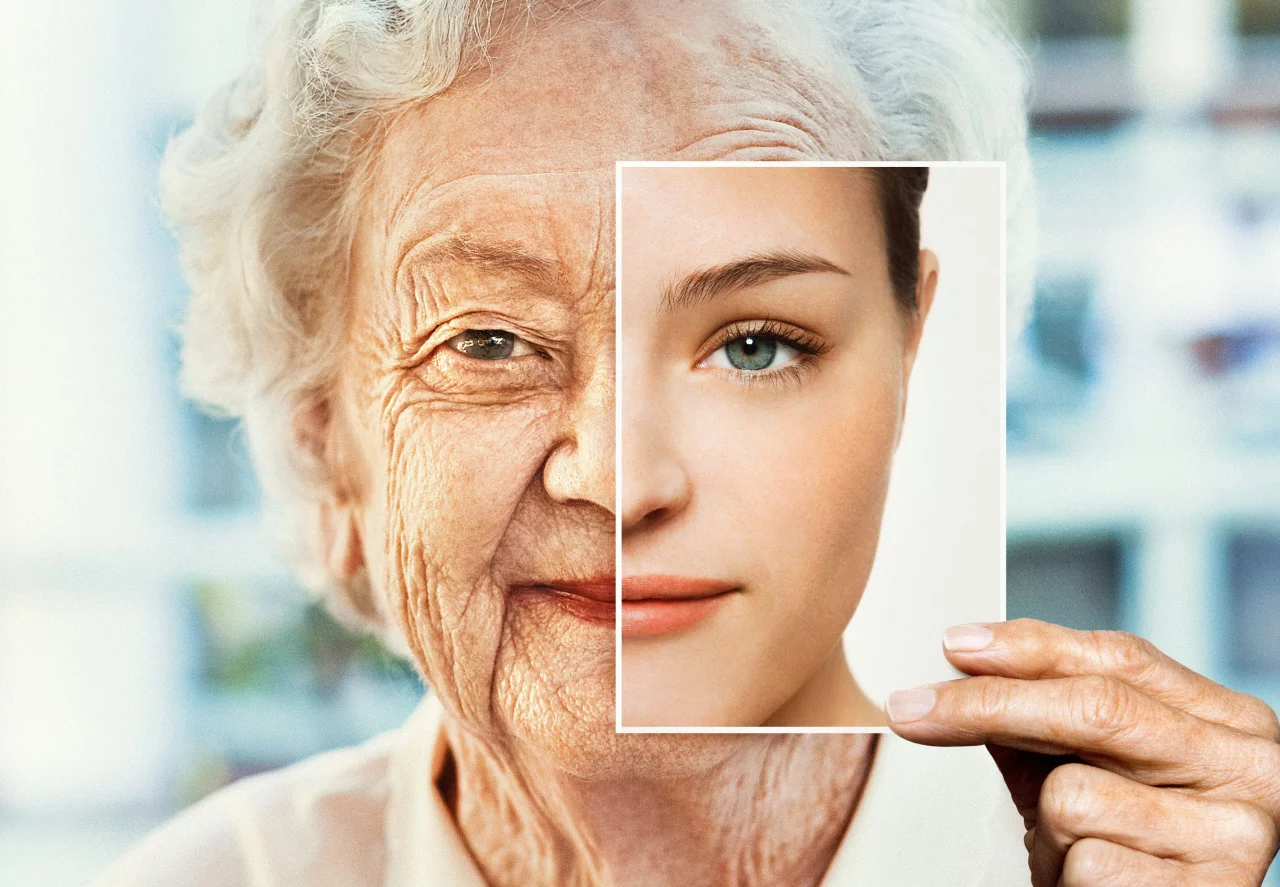In which organs do the first signs of aging appear?

The process of aging in the human body does not occur at the same time or in the same way in all organs. For example, childhood is characterized by rapid growth and changes, while youth is dominated by more stability and activity. However, after age 50, all processes and changes in organs and tissues accelerate.
Scientific research conducted at the Chinese Academy of Sciences has shown that it is after age 50 that the aging processes of organs and tissues in the human body accelerate significantly. Specialists analyzed tissue samples taken from people aged 14 to 68, paying special attention to the protein composition of various organs and the changes occurring in them.
Scientists examined seven systems of the body — from the cardiovascular system to the skin and muscles. Interestingly, the most serious changes occur in the aorta — the main artery of a person. It turned out that blood vessels age faster than other organs. Thus, in the aging process, the circulatory system comes first.
According to scientific results, especially between ages 45 and 55, the protein composition of the body changes sharply. Scientists call this process "proteomic remodeling." Not only blood vessels, but also organs such as the pancreas and spleen are subject to these changes.
Researchers identified 48 proteins associated with aging and diseases. Their levels increase with age. Among these proteins, there are ones related to cardiovascular problems, tissue fibrosis, and fatty liver disease.
To clarify the findings, scientists conducted an experiment on mice. When they were injected with proteins associated with aortic aging, young rodents began to lose balance, reduced endurance, and showed signs of vascular aging.
Previous studies had identified two peaks of accelerated aging — approximately at ages 44 and 60. New scientific results show that this process occurs with leaps and pauses and affects different organs at different times.
Such studies help to answer more accurately which organs age first and how this process can be slowed down.
Scientists believe that a map of protein changes will be of great importance in the future for the development of new, targeted medical treatments for age-related diseases.
Read “Zamin” on Telegram!













